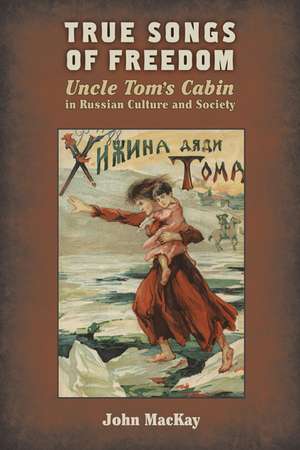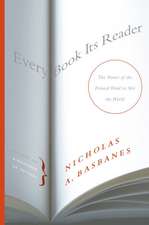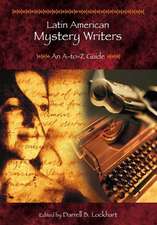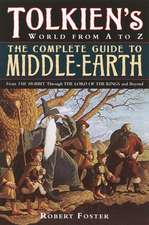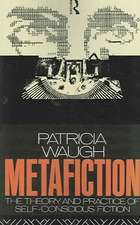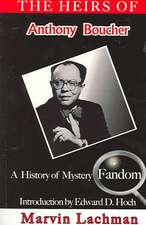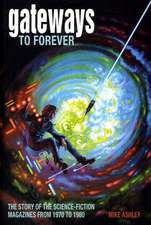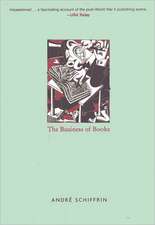True Songs of Freedom: Uncle Tom’s Cabin in Russian Culture and Society
Autor John MacKayen Limba Engleză Paperback – 30 iul 2013
Harriet Beecher Stowe's 1852 antislavery novel Uncle Tom's Cabin was the nineteenth century's best-selling novel worldwide; only the Bible outsold it. It was known not only as a book but through stage productions, films, music, and commercial advertising as well. But how was Stowe's novel—one of the watershed works of world literature—actually received outside of the American context?
True Songs of Freedom explores one vital sphere of Stowe's influence: Russia and the Soviet Union, from the 1850s to the present day. Due to Russia's own tradition of rural slavery, the vexed entwining of authoritarianism and political radicalism throughout its history, and (especially after 1945) its prominence as the superpower rival of the United States, Russia developed a special relationship to Stowe's novel during this period of rapid societal change. Uncle Tom's Cabin prompted widespread reflections on the relationship of Russian serfdom to American slavery, on the issue of race in the United States and at home, on the kinds of writing appropriate for children and peasants learning to read, on the political function of writing, and on the values of Russian educated elites who promoted, discussed, and fought over the book for more than a century. By the time of the Soviet Union's collapse in 1991, Stowe's novel was probably better known by Russians than by readers in any other country.
John MacKay examines many translations and rewritings of Stowe's novel; plays, illustrations, and films based upon it; and a wide range of reactions to it by figures famous (Leo Tolstoy, Ivan Turgenev, Marina Tsvetaeva) and unknown. In tracking the reception of Uncle Tom's Cabin across 150 years, he engages with debates over serf emancipation and peasant education, early Soviet efforts to adapt Stowe's deeply religious work of protest to an atheistic revolutionary value system, the novel's exploitation during the years of Stalinist despotism, Cold War anti-Americanism and antiracism, and the postsocialist consumerist ethos.
Preț: 213.70 lei
Nou
Puncte Express: 321
Preț estimativ în valută:
40.90€ • 42.54$ • 33.76£
40.90€ • 42.54$ • 33.76£
Carte tipărită la comandă
Livrare economică 14-28 aprilie
Preluare comenzi: 021 569.72.76
Specificații
ISBN-13: 9780299292942
ISBN-10: 0299292940
Pagini: 136
Ilustrații: 6 b-w illus.
Dimensiuni: 152 x 229 x 13 mm
Greutate: 0.2 kg
Ediția:1
Editura: University of Wisconsin Press
Colecția University of Wisconsin Press
ISBN-10: 0299292940
Pagini: 136
Ilustrații: 6 b-w illus.
Dimensiuni: 152 x 229 x 13 mm
Greutate: 0.2 kg
Ediția:1
Editura: University of Wisconsin Press
Colecția University of Wisconsin Press
Recenzii
"There is no work of scholarship that so thoroughly and confidently measures Mrs. Stowe's footprint on Russian political and intellectual life."—Dale Peterson, author of Up from Bondage: The Literatures of Russian and African American Soul
"An important and fascinating piece of work with a contribution to make in several fields, including Russian and American literary and cultural history, the history of the book, translation, and European cosmopolitanism."—Sarah Meer, author of Uncle Tom Mania
“Fascinating in its details and important in its conclusions. For, although it may come as no surprise that Russian educated elites of any era could be contentious and heavy-handed in their dedication to (or against) social progress, the range of opinions about and application of a single novel expose the multiple, changing ways that educated Russia defined itself, nationally and internationally.”—Register of the Kentucky Historical Society
“Stowe’s 1852 novel as seen through many facets of a crystal—Russian, American and Western European history, society and culture from the mid-nineteenth century through the Cold War era up to the present. . . . MacKay is a knowledgeable, authoritative, enthusiastic guide.”—Slavonic and East European Review
Notă biografică
John MacKay is professor of Slavic and East European languages and literatures and film studies and chair of the film studies program at Yale University. He is author of Inscription and Modernity: From Wordsworth to Mandelstam and editor and translator of Four Russian Serf Narratives.
Cuprins
List of Illustrations
Acknowledgments
Historical Timeline
Introduction
1 Before Emancipation
2 After Serfdom, before October
3 The Early Soviet Period (to 1945)
4 Uncle Tom, Cold Warrior
Coda: Tom, Meet Scarlett
Conclusion
Appendix: Summary of Uncle Tom's Cabin
Notes
Bibliography
Index
Descriere
Harriet Beecher Stowe's 1852 antislavery novel Uncle Tom's Cabin was the nineteenth century's best-selling novel worldwide; only the Bible outsold it. It was known not only as a book but through stage productions, films, music, and commercial advertising as well. But how was Stowe's novel—one of the watershed works of world literature—actually received outside of the American context?
True Songs of Freedom explores one vital sphere of Stowe's influence: Russia and the Soviet Union, from the 1850s to the present day. Due to Russia's own tradition of rural slavery, the vexed entwining of authoritarianism and political radicalism throughout its history, and (especially after 1945) its prominence as the superpower rival of the United States, Russia developed a special relationship to Stowe's novel during this period of rapid societal change. Uncle Tom's Cabin prompted widespread reflections on the relationship of Russian serfdom to American slavery, on the issue of race in the United States and at home, on the kinds of writing appropriate for children and peasants learning to read, on the political function of writing, and on the values of Russian educated elites who promoted, discussed, and fought over the book for more than a century. By the time of the Soviet Union's collapse in 1991, Stowe's novel was probably better known by Russians than by readers in any other country.
John MacKay examines many translations and rewritings of Stowe's novel; plays, illustrations, and films based upon it; and a wide range of reactions to it by figures famous (Leo Tolstoy, Ivan Turgenev, Marina Tsvetaeva) and unknown. In tracking the reception of Uncle Tom's Cabin across 150 years, he engages with debates over serf emancipation and peasant education, early Soviet efforts to adapt Stowe's deeply religious work of protest to an atheistic revolutionary value system, the novel's exploitation during the years of Stalinist despotism, Cold War anti-Americanism and antiracism, and the postsocialist consumerist ethos.
